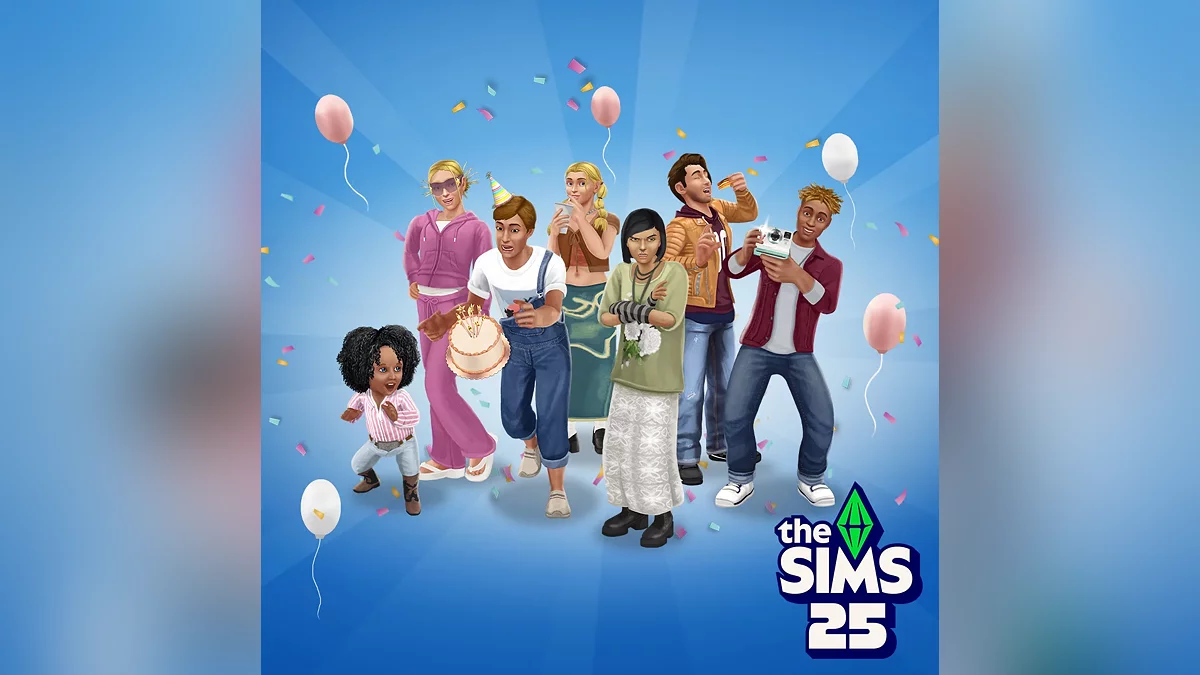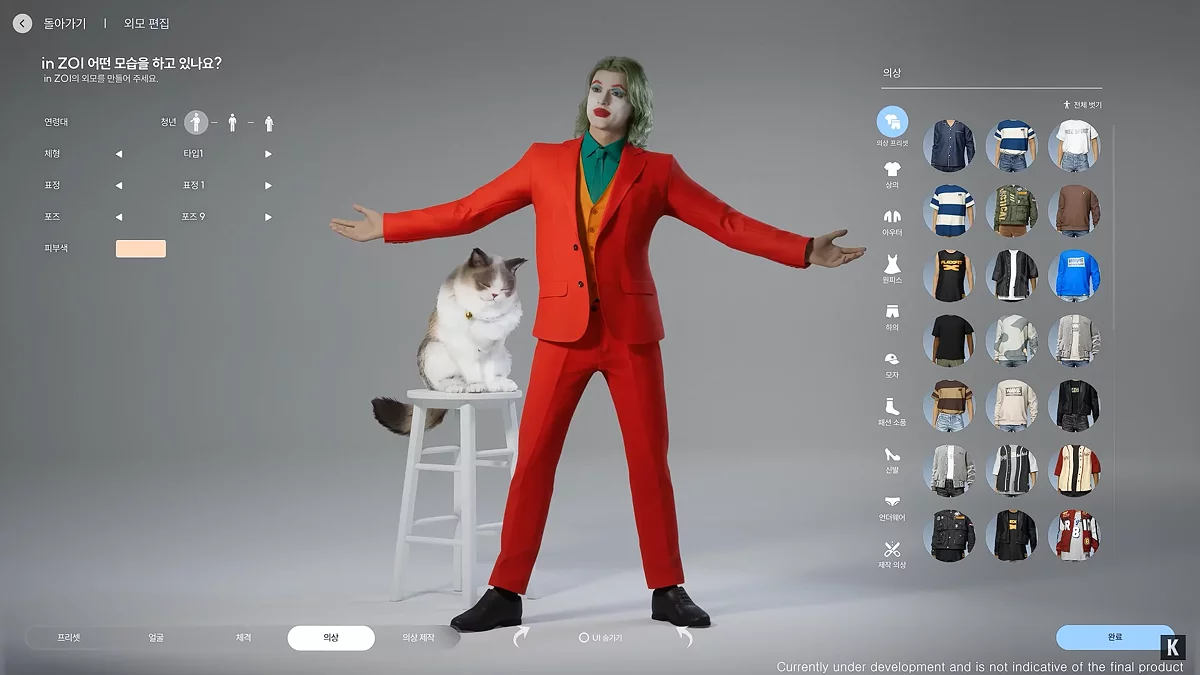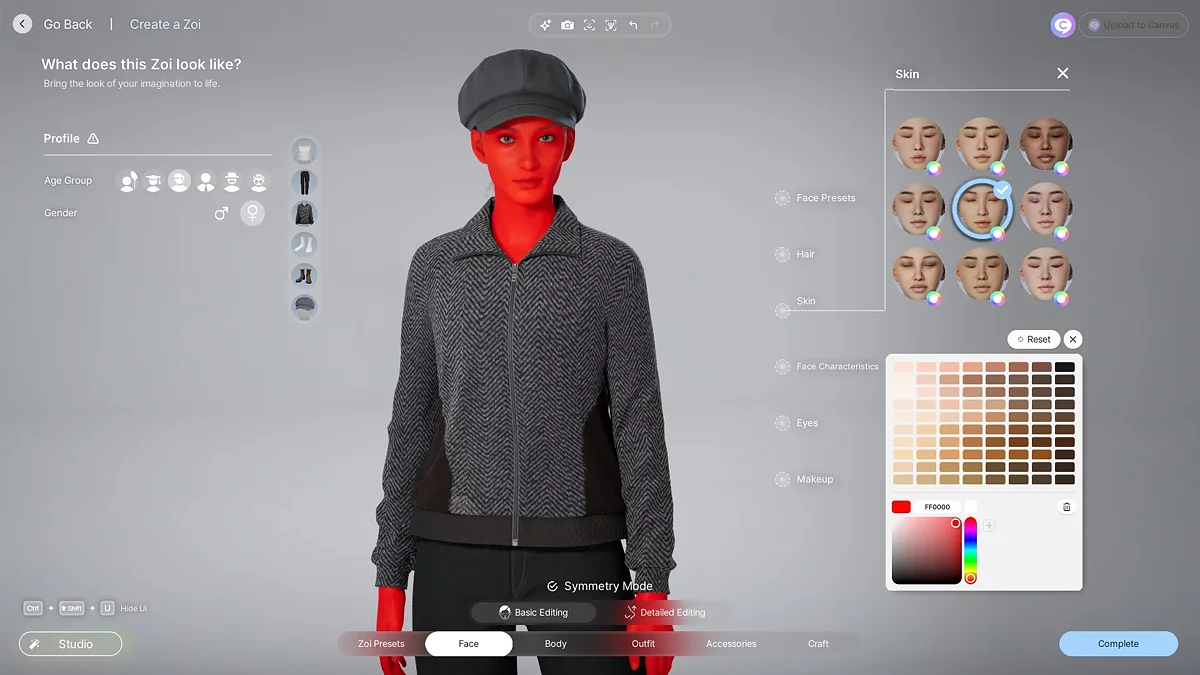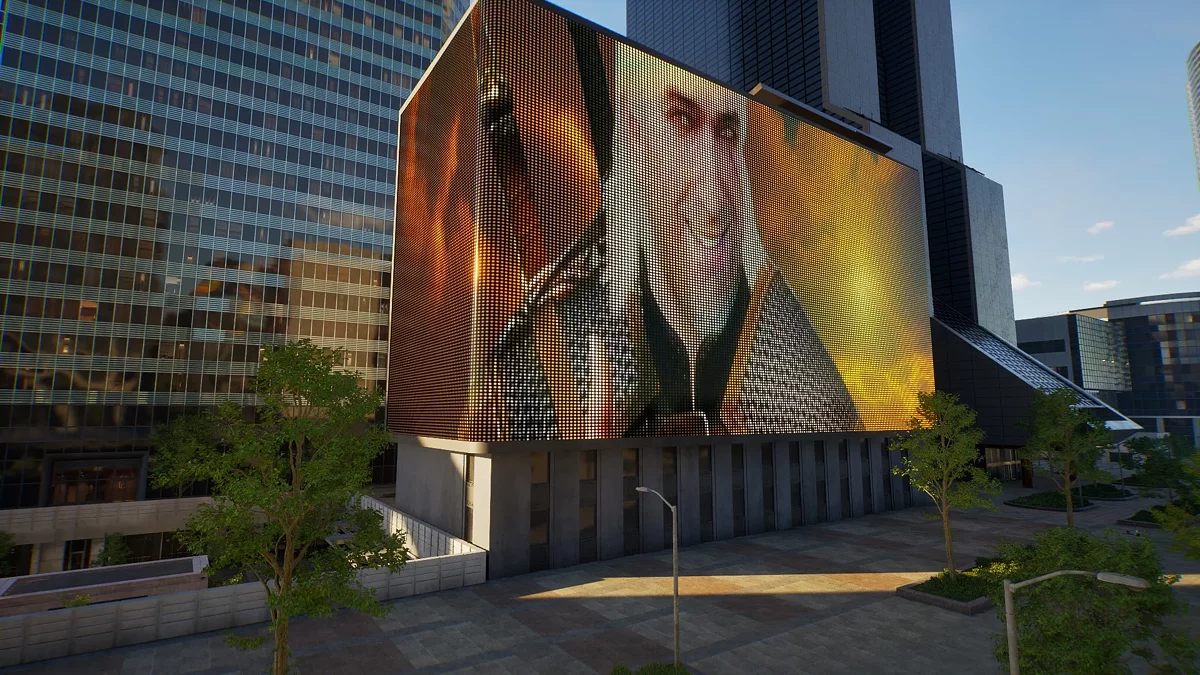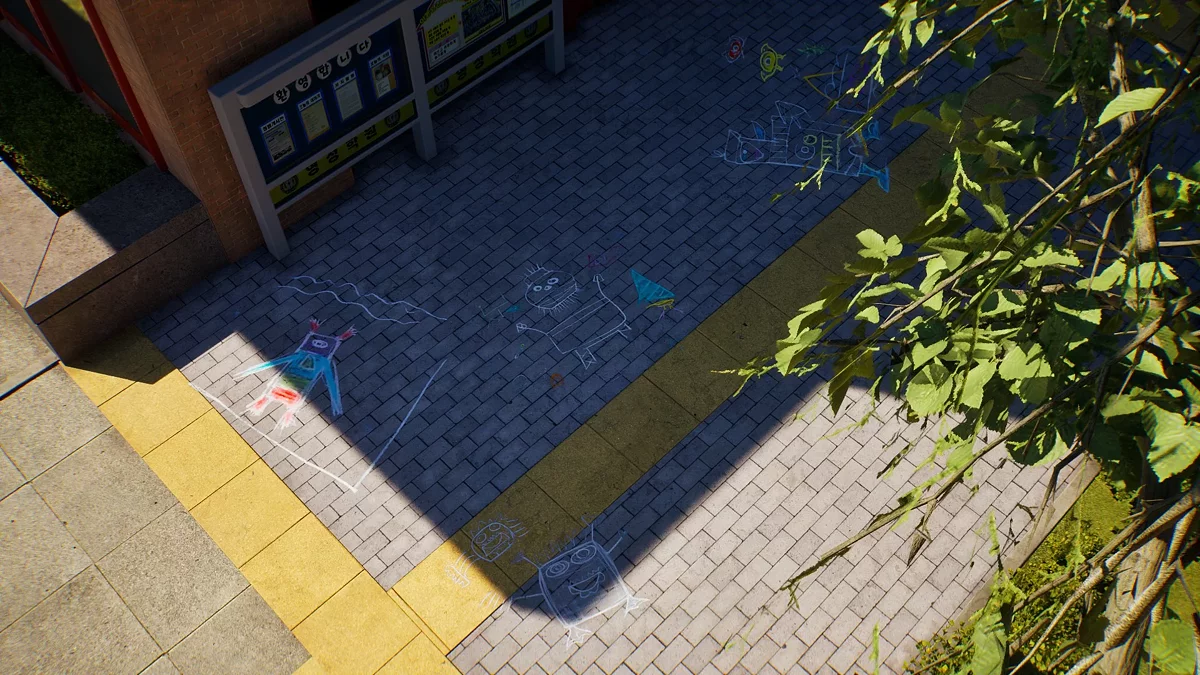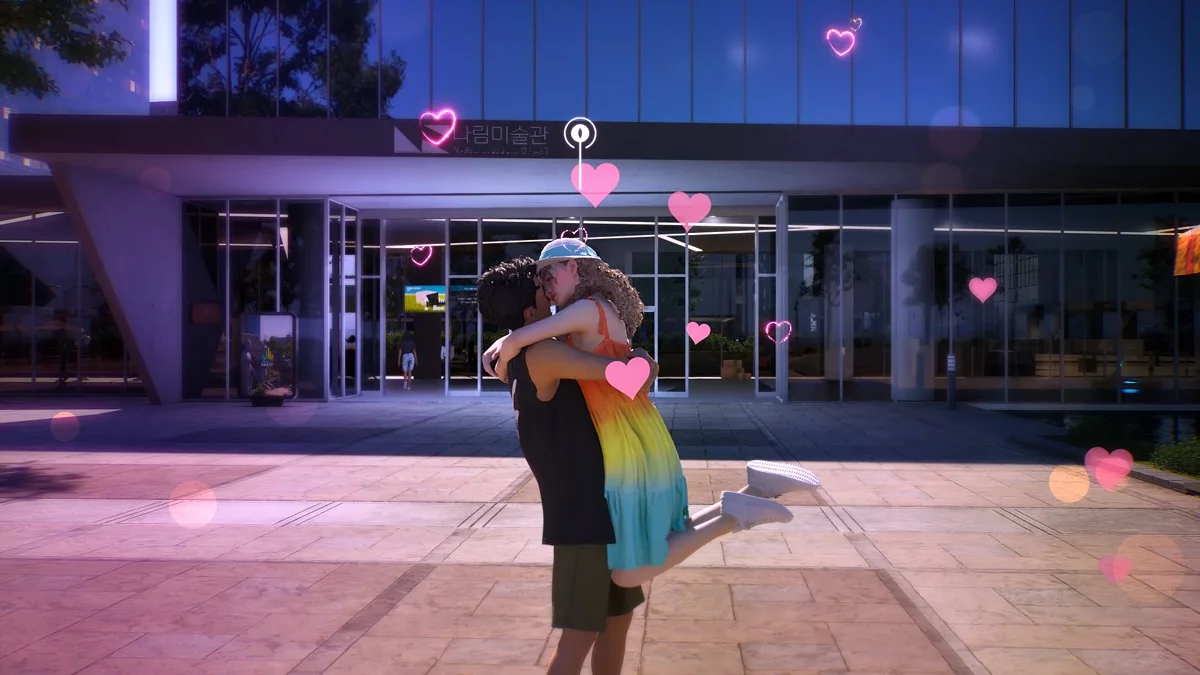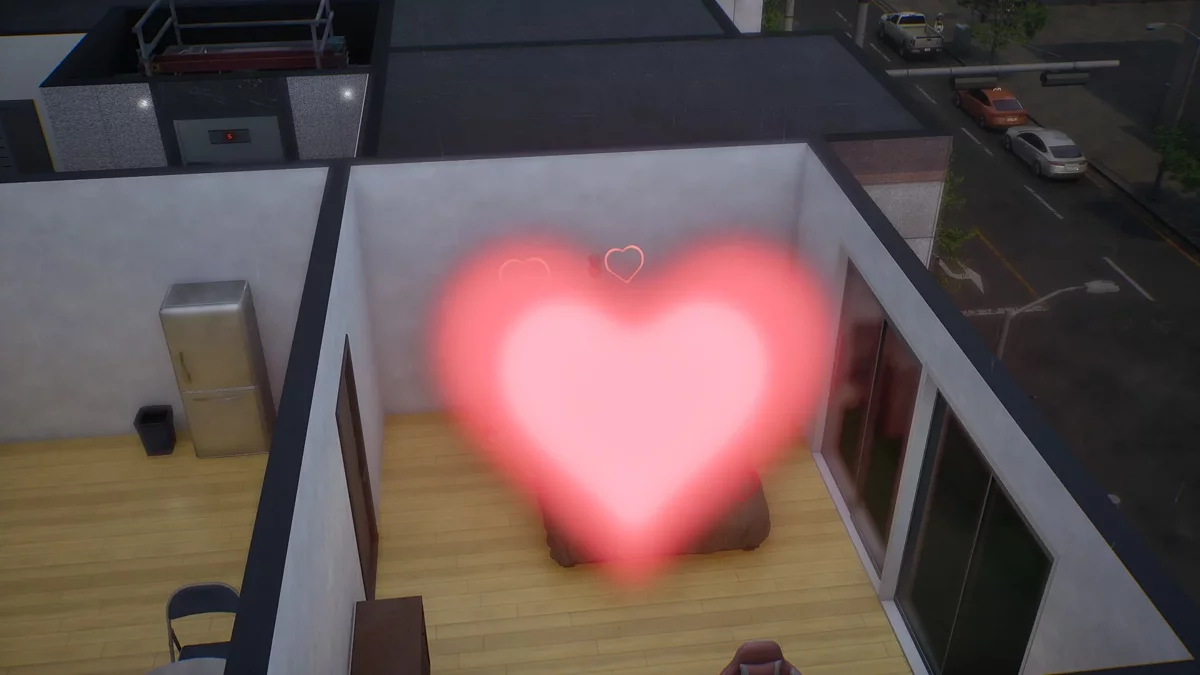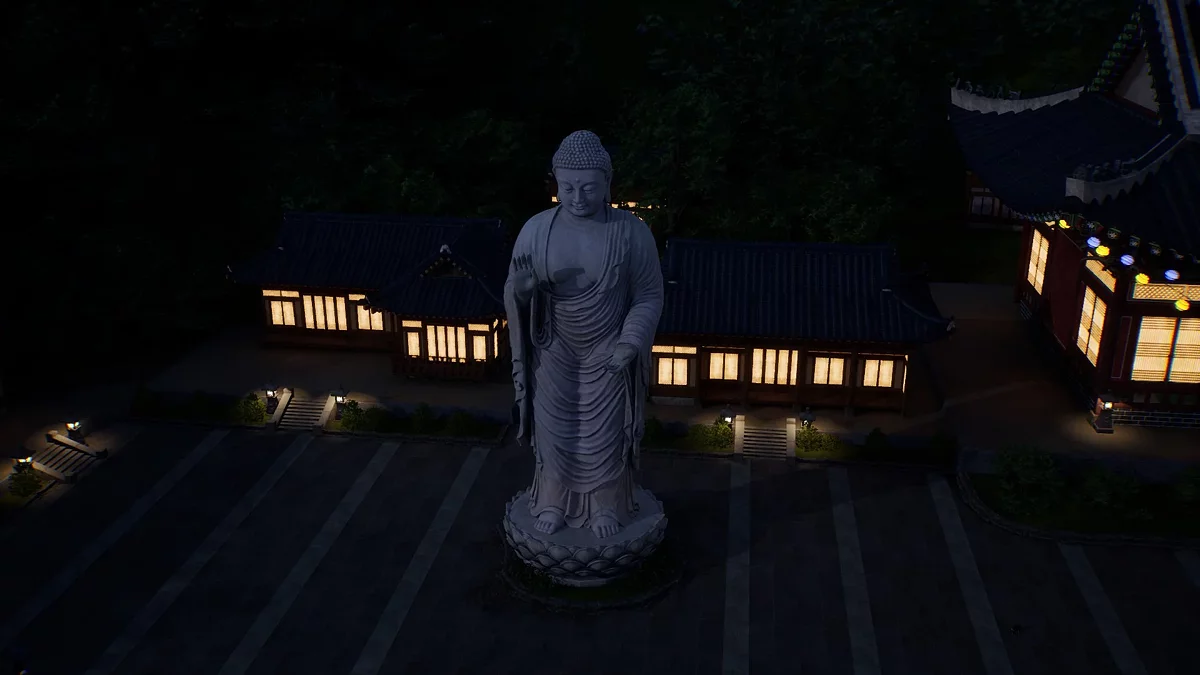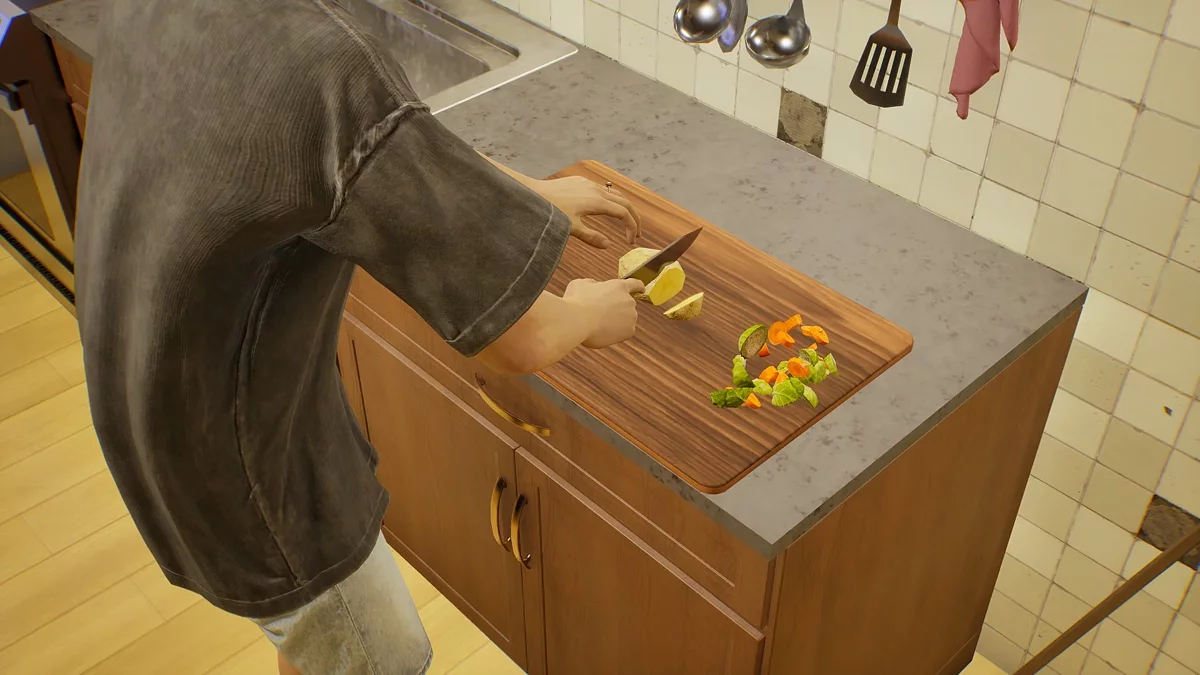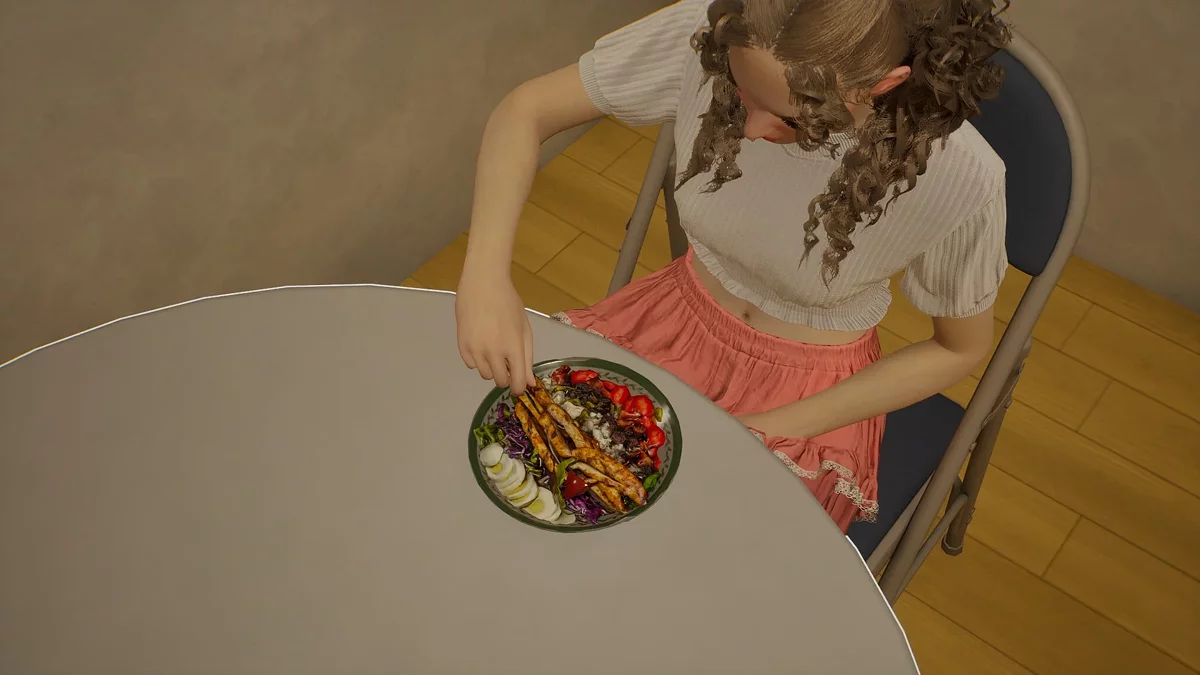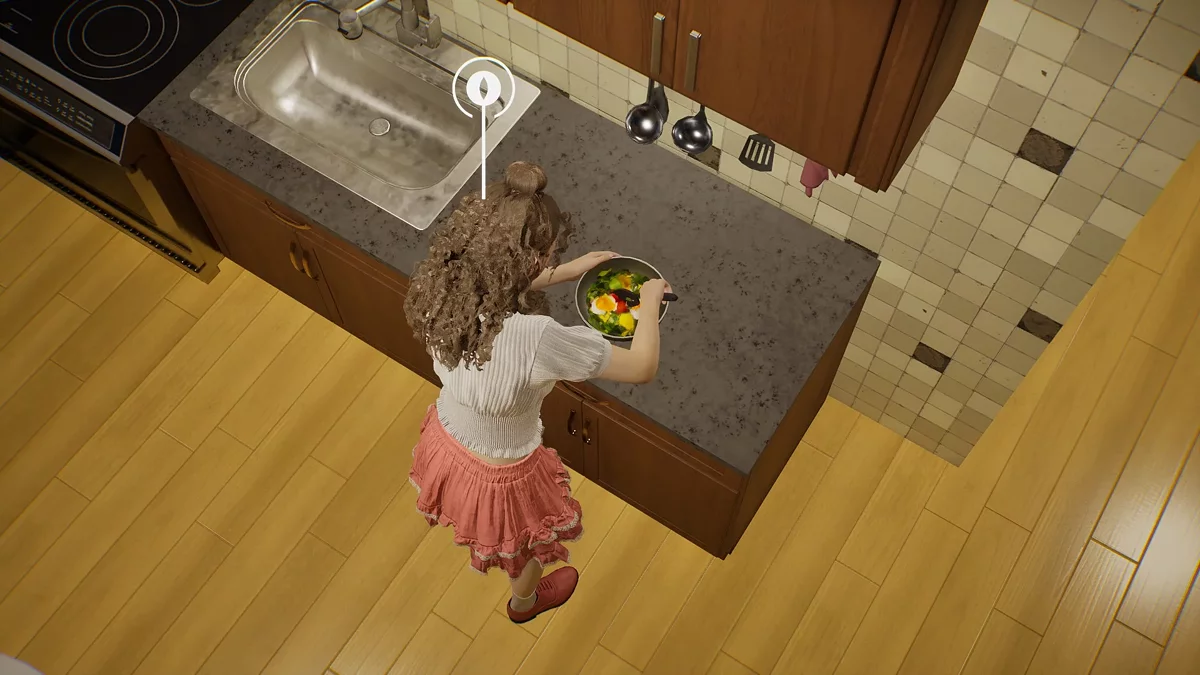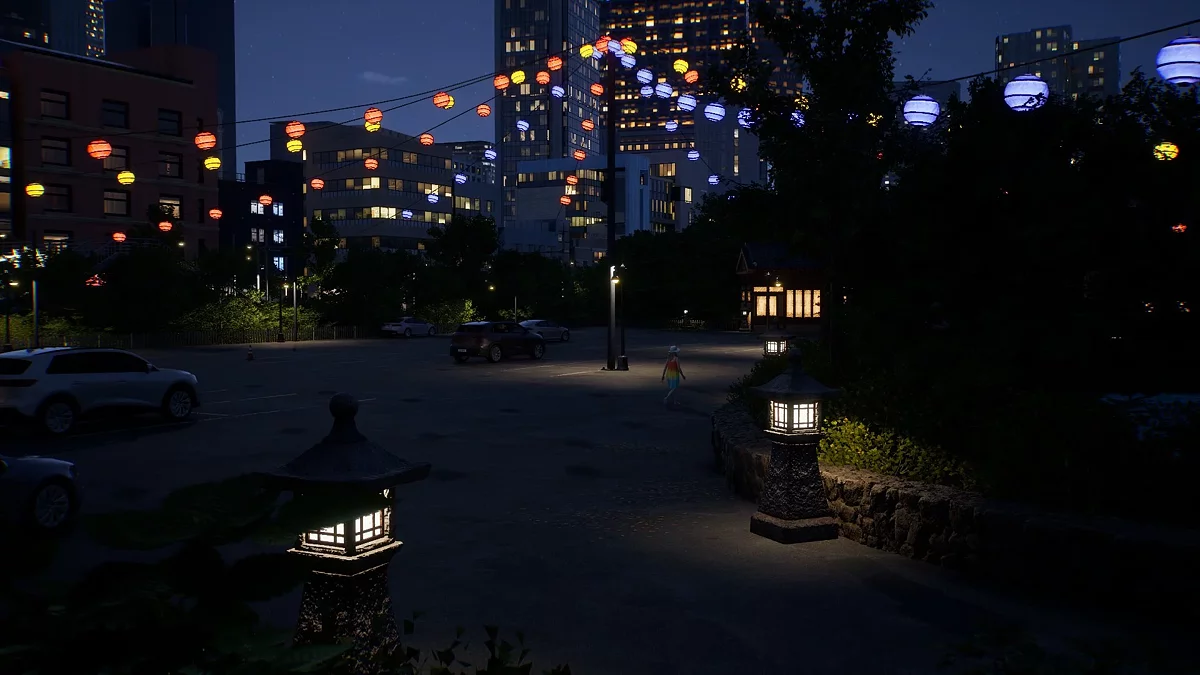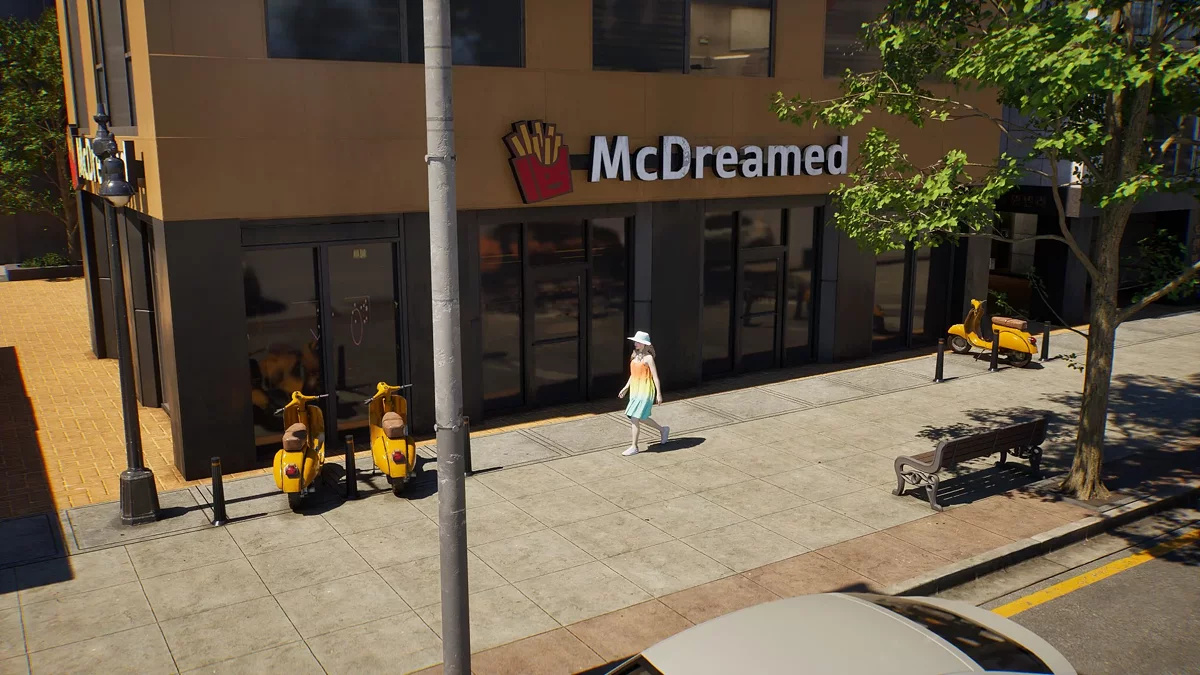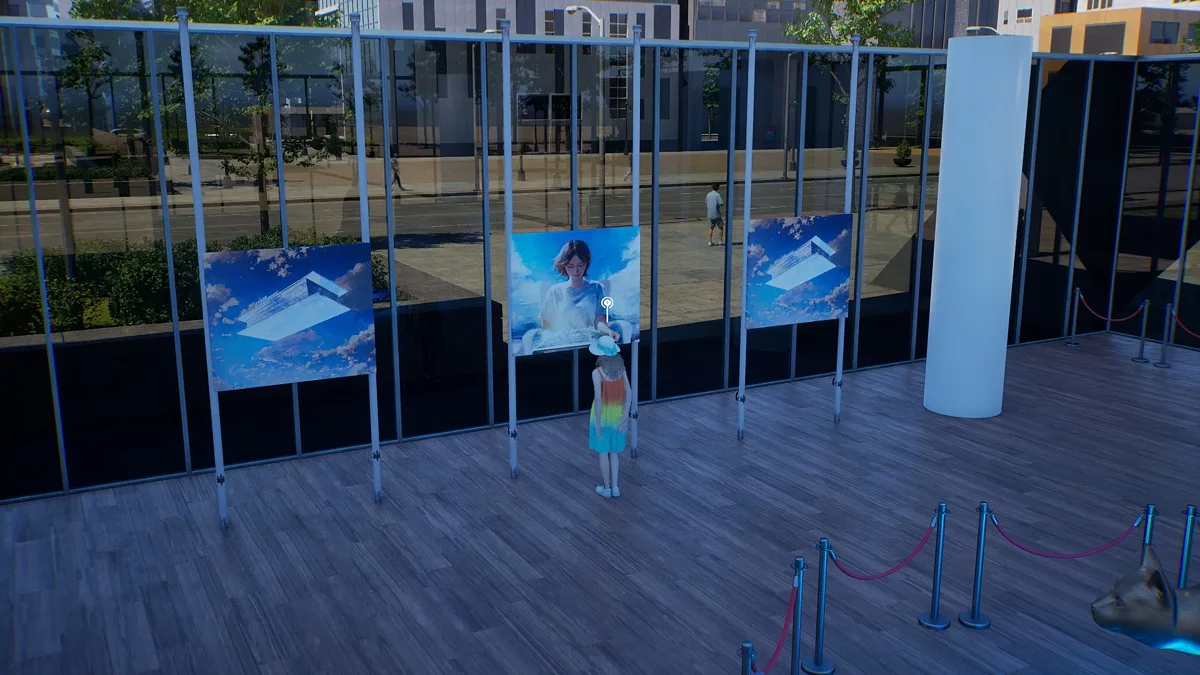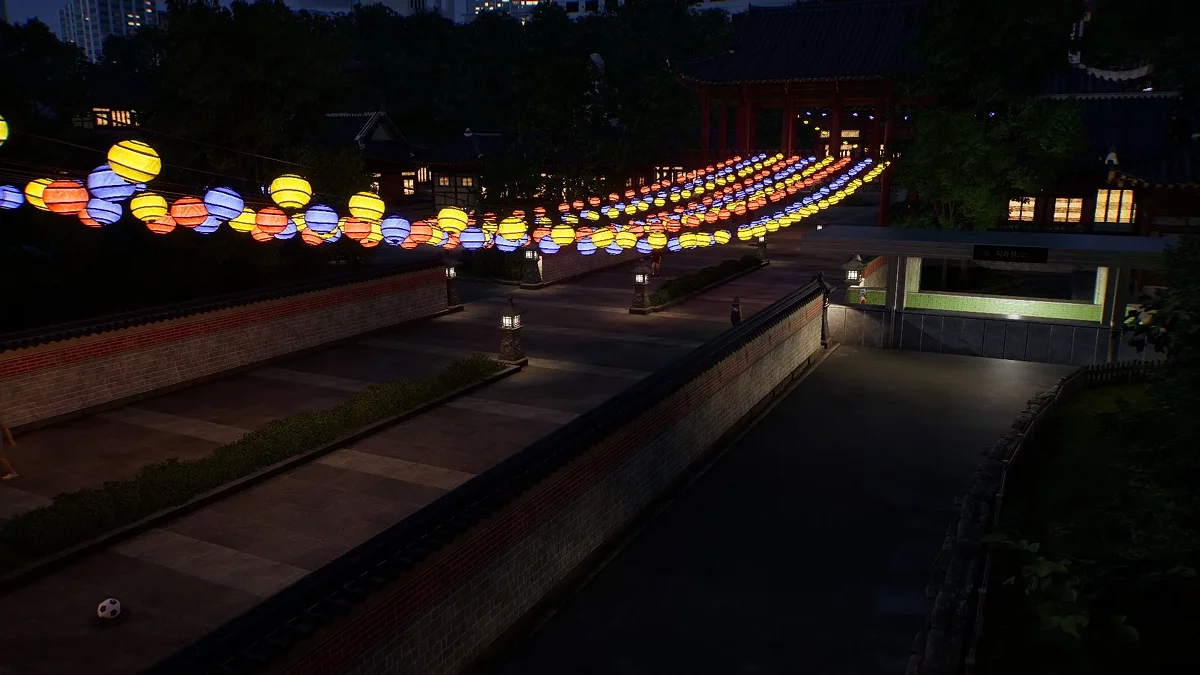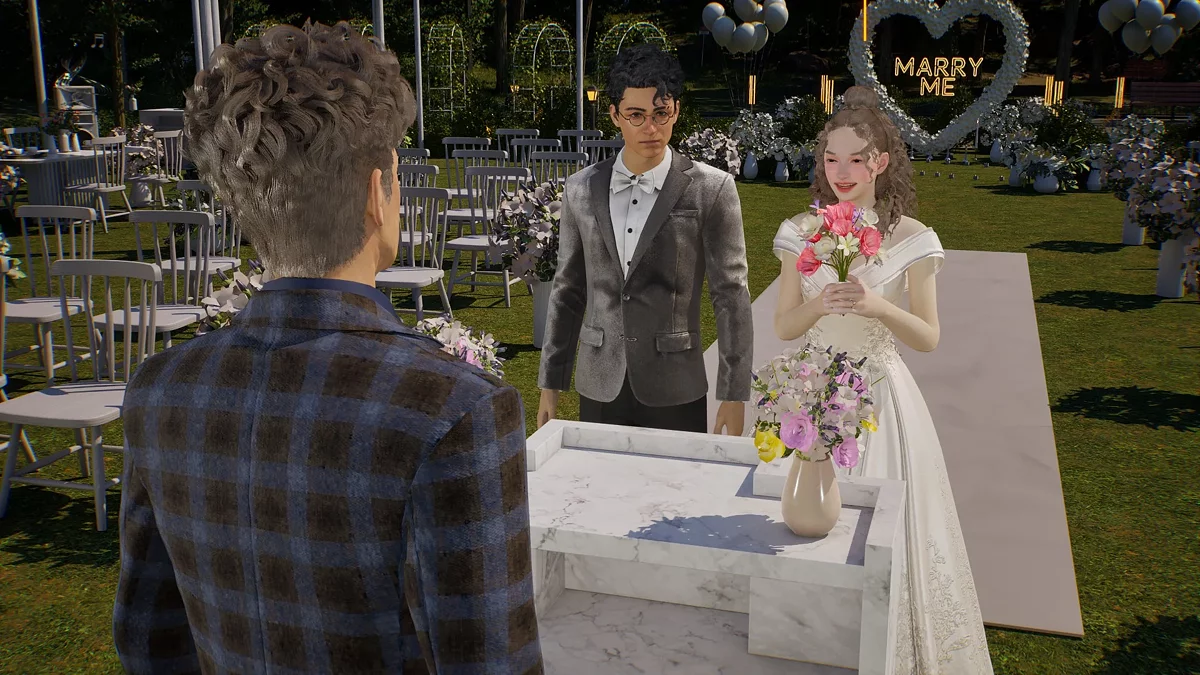The Sims Lives On: A Preview of the Korean Life Simulator inZOI

A new player has entered the so-called "life simulation" market — inZOI. The game launched in early access on Steam on March 28 and immediately attracted massive attention: it skyrocketed to the top of the sales charts and earned thousands of rave reviews. The developers from Korea, Krafton, shook up the industry by promising realistic graphics powered by Unreal Engine 5, deep customization, advanced AI, and three large cities with unique atmospheres. And, as it turns out, these weren’t empty promises. However, calling inZOI the "killer of The Sims" still seems premature. Why? Let's break it down in our preview.
A Lingering Question
It’s no secret that life simulation games have long been a monopoly. Maxis created a formula that no one dared or wanted to replicate for decades. Why bother when the market-dominating The Sims had already satisfied demand?
However, Maxis was acquired by EA, and over the years, even the most devoted fans began questioning the legendary series. This was especially true after the release of The Sims 4, which was criticized at launch for being a stripped-down and problematic iteration of its predecessors — and is still called that even 11 years later.
Meanwhile, discussions about The Sims 5 remain mere rumors. And year after year, the number of players interested in such projects keeps growing. At the very least, the increasing number of female gamers — the primary target audience for The Sims — suggests that the perfect moment has arrived to introduce long-awaited competition, or even multiple rivals.
Do you have a favorite Sims game?
It seems the developers of inZOI sensed this. The project captured widespread attention from its first announcements, which appeared almost too ambitious. The label "Korean Sims-killer" quickly followed.
To be honest, we’ve always been skeptical of such claims. Too many projects have stumbled over the "killer of something" title. A recent example is Avowed, which serves as a case in point. Overhyped expectations often burden an unreleased project. However, inZOI seems to have defied this trend, turning the hype into an advantage.
Not Just an Editor, But a Paradise
Krafton promised deep customization, and they absolutely delivered. Their first major showcase was the character and building editor, released as a demo a week before the game’s launch. And it was a brilliant move: this part of the game feels the most detailed and polished.
The sheer number of sliders, tabs, and buttons might have been overwhelming if everything weren’t so intuitive. Click on a character’s face, and you can adjust each feature as if sculpting from clay. You can create a charming beauty or a complete monstrosity. The fact that the full spectrum is available proves how deep and versatile the editor is.
Color and texture customization covers nearly everything—from skin tones to eye colors, hairstyles, makeup, and clothing. Want a blue-skinned alien or a bombshell with Soviet-flag-red hair? Go for it! The only limit is your imagination.
This level of customization isn’t entirely new; The Sims 3 had something similar. But inZOI introduces true innovation with AI. For example, you can enter a texture request for clothing, and the neural network will generate a suitable design—be it crocodile skin or leopard print. However, this feature is highly hardware-intensive as it uses your device’s processing power.
You can also assign personality traits to characters by selecting from predefined "types" with different interests and characteristics.
It feels like the developers took the best features from various sources and added their own unique spin. The result? An editor where you can lose yourself for hours—days, even. And this is just the character creation part. The building system is equally robust.
The build mode currently isn’t as extensive, but objects can be placed freely, customized, and even added manually. No mods or external tools required—just upload a photo into the AI generator, and it will create a decent 3D model for your interior or landscape.
Yes, the landscape is fully editable—not just in private lots, but throughout the city. You can redesign public spaces, streets, and even billboards, all with the same deep customization tools.
With such impressive customization, the question remains: how does inZOI handle life simulation? Time to dive in…
Why So Slow?
At first, everything in inZOI feels somewhat off: are there too many tabs or too few? Are they just not in the right place? The camera moves oddly, and the buttons feel unfamiliar. Unfortunately, years of playing The Sims take their toll. In reality, everything in the game is just different.
For example, you control your character using WASD. Many functions are hidden in the smartphone—essentially making it a true modern-life simulator. The whole interface has a "smartphone-like" feel: interaction options appear like messages, life events come as SMS notifications, and even the needs bars and other elements resemble widgets. This isn’t off-putting; instead, it makes you reflect on how much our lives now depend on pocket-sized mini-computers—so much so that even life-sim developers have taken notice.
But back to the game itself. The map is small but open, meaning you can walk around the city without loading screens interrupting your experience. There’s always a chance to run into someone—streets feel alive, full of details that add vibrancy to the world.
Once the initial novelty wears off—about an hour in—you check the clock. And realize that not even a single in-game day has passed. inZOI’s gameplay is incredibly slow. By default, one in-game day lasts 1.5 real hours, which feels excessive. You can adjust this in the settings, but even then, the game still feels too slow.
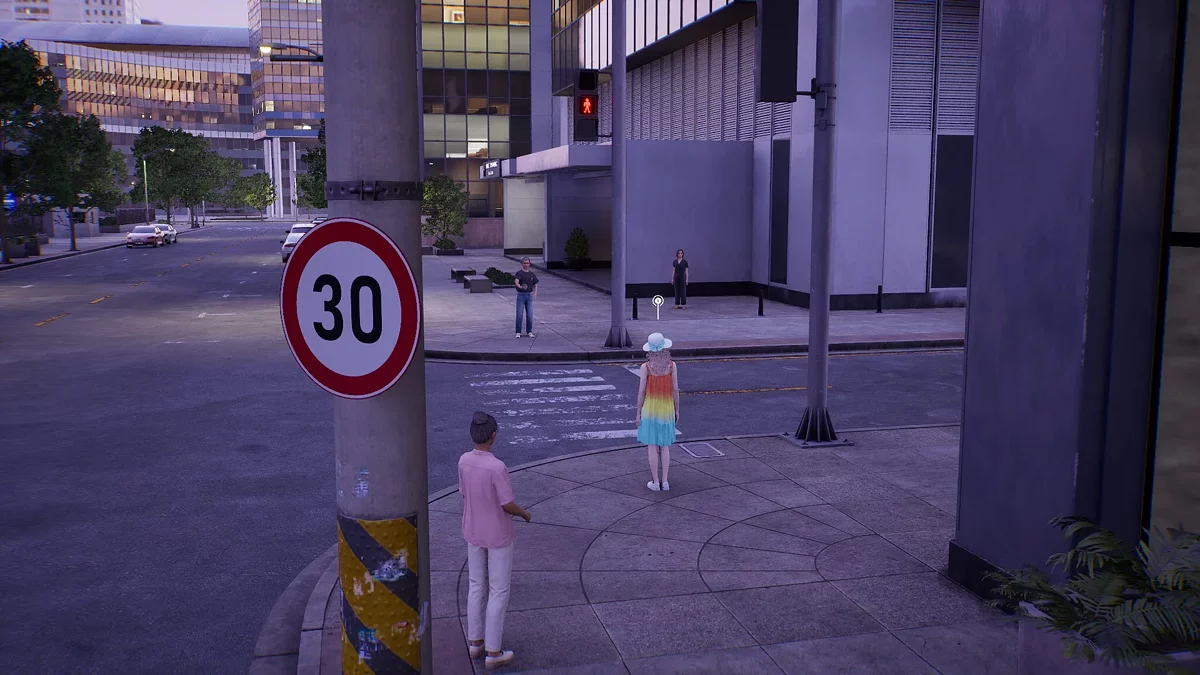
Even fast-forwarding doesn’t help much. Moments when your character is in class, working in an office, or sleeping seem to drag on forever. It makes you think about expanding your household, preferably with someone on a different schedule—so you can switch characters instead of just waiting around. Because playing like this gets boring.
Overall, the life simulation feels familiar. Develop interests, find a job, build skills, and form relationships. Speaking of which…
The Achilles' Heel
At first, interacting with other characters in inZOI seems exciting. There are so many options it’s overwhelming. So many things to ask, so many new interaction categories.
Unfortunately, that excitement fades quickly. There are three affinity meters—friendly, "business," and romantic—and all three fill up within just a few clicks. After that, your new best friend might send you a gift or an SMS saying, "You’re such a great person!" Then, you can completely ignore them, and your relationship level won’t drop.
Interaction options change—they appear and disappear—and it’s often unclear why. This is especially true for romantic interactions. One morning, you might be able to give your love interest a forehead kiss, but by the evening, that option is gone. Why? Who knows.
Some options depend on your character’s mood, but they’re usually marked, so that’s not an issue—or at least we didn’t notice any. But these are minor details.
The real problem is that social interactions in inZOI are just boring. Comparing it to The Sims again, one can’t help but recall The Sims 2. In that game, socializing was an engaging minigame: making friends wasn’t easy, maintaining friendships was even harder, and romance involved chemistry and risk.
Maxis’ game also allowed for wild drama—rivalling even the most dramatic soap operas. inZOI, however, is far more puritanical. For example, you can only conceive a child after getting engaged. You can’t have a character sleep with one person, marry another, and have a baby with a third. And the game even punishes "bad" actions—conflicts, drama, and the like. Enter: the karma system.
Behave Yourself
In principle, a reputation system that reflects a character’s actions isn’t a bad idea. If anything, it adds an extra layer of incentive—to be "good" or to avoid getting caught. And the idea isn’t new either. But in inZOI, it’s implemented in a strange way.
Here’s how it works: every town resident has karma. Good deeds improve it, bad deeds lower it. And you need most characters to have good karma; otherwise, things like starting a family or having children become difficult. In theory, this sounds fine. In practice, it feels like a tedious system requiring you to manage the entire population’s karma. And heaven forbid someone slams a door too loudly!
Karma drops faster than any other in-game stat. It feels like every resident is just waiting for an opportunity to stir up trouble. In concept, this system probably seemed promising, but in practice, it’s awkward. But hey, this is early access—things could still change. Let’s hope so.
But It’s So Beautiful!
Enough negativity. The game’s flaws stand out precisely because the rest of it is so good. inZOI is a visual treat.
This might sound like a weird compliment, but the food in inZOI is stunning. Every dish looks like a love letter to culinary art. The cooking process itself is detailed—every step has its own animation and texture. Just look:
There are only three cities for now, but they’re all stunning. Forget empty lots, ugly streets, barren fields, and low-res background buildings. inZOI’s world feels alive, immersive, and mesmerizing.
And you can take in all this beauty from behind the wheel of your own car. For Sims fans, this is a game-changer: inZOI has actual, functional, manually controlled cars!
Technical Aspects
It’s clear that inZOI isn’t built for weak PCs. Honestly, we expected the game to stutter even on high-end hardware at launch. After all, even industry giants struggle with optimization in the first days after release, and here we have a small company and an early access title. But Krafton’s creation turned out to be a pleasant surprise. Even with the deep customization options available, the game runs impressively well: loading times are short, and the gameplay isn’t plagued by endless lag.
The graphics are a delight. The game runs on Unreal Engine 5, bringing its signature realism—but with a touch of a fairy-tale filter on top. As we’ve mentioned before, everything looks stunning, from the leaves on the trees to the eyelashes of the characters. The attention to detail is so impressive that it almost makes you want to kiss the developers’ hands.
The soundtrack is exactly what a game like inZOI needs. It doesn’t get annoying even after hours in the character editor, and at times, it’s even pleasant. The main theme is soothing and adds to the game’s whimsical atmosphere.
What falls short, however, is the localization. The game isn’t fully translated into English yet. You’ll occasionally run into Korean text, but key elements and the tutorial are fully localized. So at least in the beginning, this won’t affect the gameplay experience in any major way.
Requiem for The Sims?
Has The Sims been killed off for good? It depends on what you mean by "killed." If it means that all fans of EA’s flagship title will jump ship to this new competitor, then probably not. After all, inZOI is still a rough product. One of its core gameplay elements—social interactions—feels plain boring.
But that’s not the main point. To understand the bigger picture, we need to look at who still plays The Sims today, particularly its latest installment. EA has done everything to make The Sims 4 as accessible as possible for lower-end PCs, and it has paid off: the game has hundreds of thousands of fans who prefer creating Sims on an old laptop.
More importantly, many The Sims 4 players have invested a huge amount of money into it. They’ve bought every DLC, even the most forgettable ones, and spent thousands of hours building families that have grown across multiple generations.
With so much money—and time—invested, people have formed strong attachments to the game. And they won’t let it die anytime soon. But in the long run...
***
So, is inZOI the "Sims killer"? Not yet. The game has flaws. But it also has something The Sims lacks: a clear, promising future.
Would you play inZOI?
Krafton took a familiar formula and made something unique, even surpassing expectations in some areas. There’s still time to refine the details. Whether you want to support them before the final release is up to you. But we’ve already made our choice.

